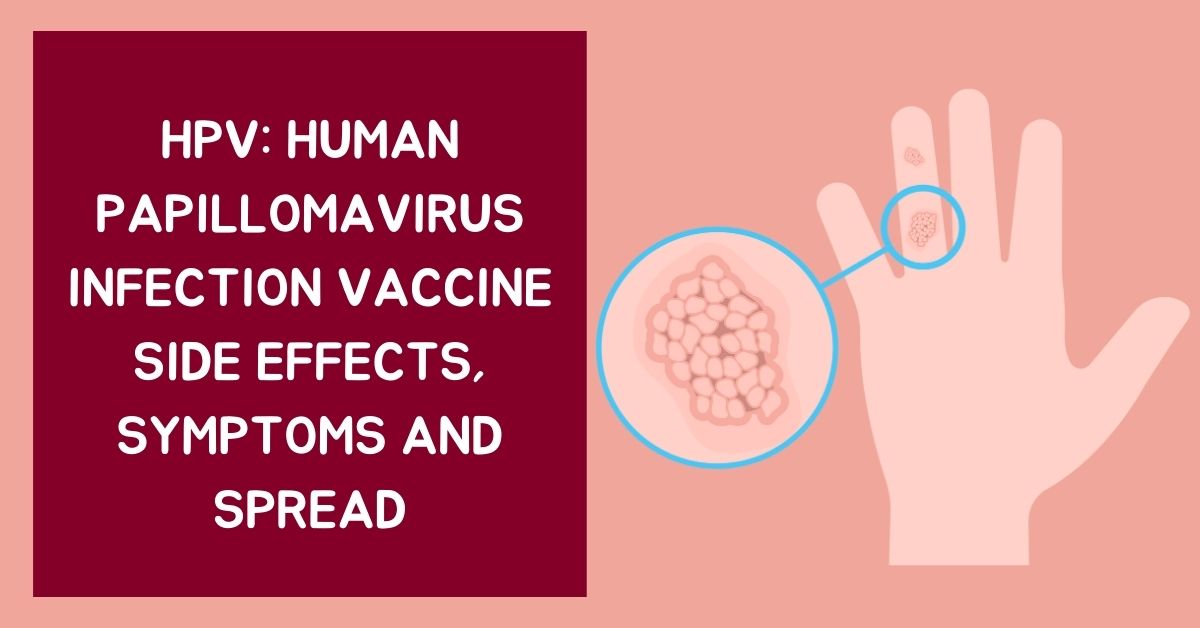When to give shot?
HPV vaccination is recommended for preteens and older kids who have not yet received vaccination. It is recommended for both boys and girls contrary to popular belief. Three types of vaccine are available, bivalent, quadrivalent and nonavalent depending on the number of subtypes they protect against.The nonavalent type is given as a series of either 2 or 3 doses. For children between the ages of 9-14 years, 2 doses are given with a six month gap in between. For children over 14 years of age, 3 doses are given. The first dose is followed by the second dose 2 months later and the last dose 6 months after the first. The bivalent type of vaccine gives protection against only the two most high risk types and is given as a single dose.
Why should the shot be given?
HPV vaccine should be given to prevent the spread of infection. The greatest reason for giving the vaccine is to protect and prevent the occurrence of specific types of cancers associated with high risk HPV types.
What are the side effects?
The side effects for the HPV vaccine which may develop in your child are:
- Local reactions may develop. This includes pain, swelling and redness in the area where the vaccine was injected. This is not a cause for concern and it will resolve spontaneously over the next few days.
- Fever may develop post vaccination. Fever can be treated at home itself with antipyretics such as paracetamol being given. The thing to consider during giving your young child medicine is that the dose should be correct according to the age and weight of the child and overdosage has to be avoided.
- Anaphylaxis or an allergic reaction to the vaccine may occur. It can be recognised early by reddening of skin and generalised itching followed by difficulty breathing. A child who develops anaphylaxis should be brought to the hospital immediately. It can be managed by giving a shot of anti-allergic and anti-inflammatory agents immediately.
- Your child may also develop some dizziness and nausea following the vaccine. It is completely normal and nothing to be alarmed about.
What is HPV?
HPV which refers to Human Papillomavirus is a type of DNA virus which infects humans. It selectively affects the skin and mucous membranes of the human body. HPV has different subtypes which produce various types of lesions and are also linked to development of specific cancers.
What are symptoms of HPV infection?
There is a range of lesions which can be produced by HPV infection which include:
- Infected children can develop a range of benign warts which are flattish growth on the skin. These include common warts, flat warts and plantar warts in young children. Anogenital warts are sexually transmitted which might develop if a sexually active teenager is infected.
- HPV subtypes 5 and 8 may cause malignant transformation of lesions when infecting a person with certain skin conditions.
- It can cause repeated infection and development of papilloma of the larynx in young children
- Some high risk types can predispose your child to develop laryngeal or esophageal carcinoma later in life.
- High risk types can also predispose your female child to developing cervical cancer later in life.
Is HPV infection serious?
HPV is a serious infection and should not be taken lightly. Even though the most common manifestation of HPV infection are benign lesions, the most dangerous ones are development of cancer. HPV exponentially increases the risk of developing cancer later in life and it should be a priority to avoid HPV infection for all.
How does HPV infection spread?
It is a general misconception that only adults and sexually active individuals can develop an HPV infection. HPV spreads through non sexual routes which is the source of infection in children. It can spread directly via hand to hand contact, kissing a child’s face or rarely via fomites . It can also spread to a baby at child birth in normal delivery if the mother had an active infection.





Be the first one to comment on this story.